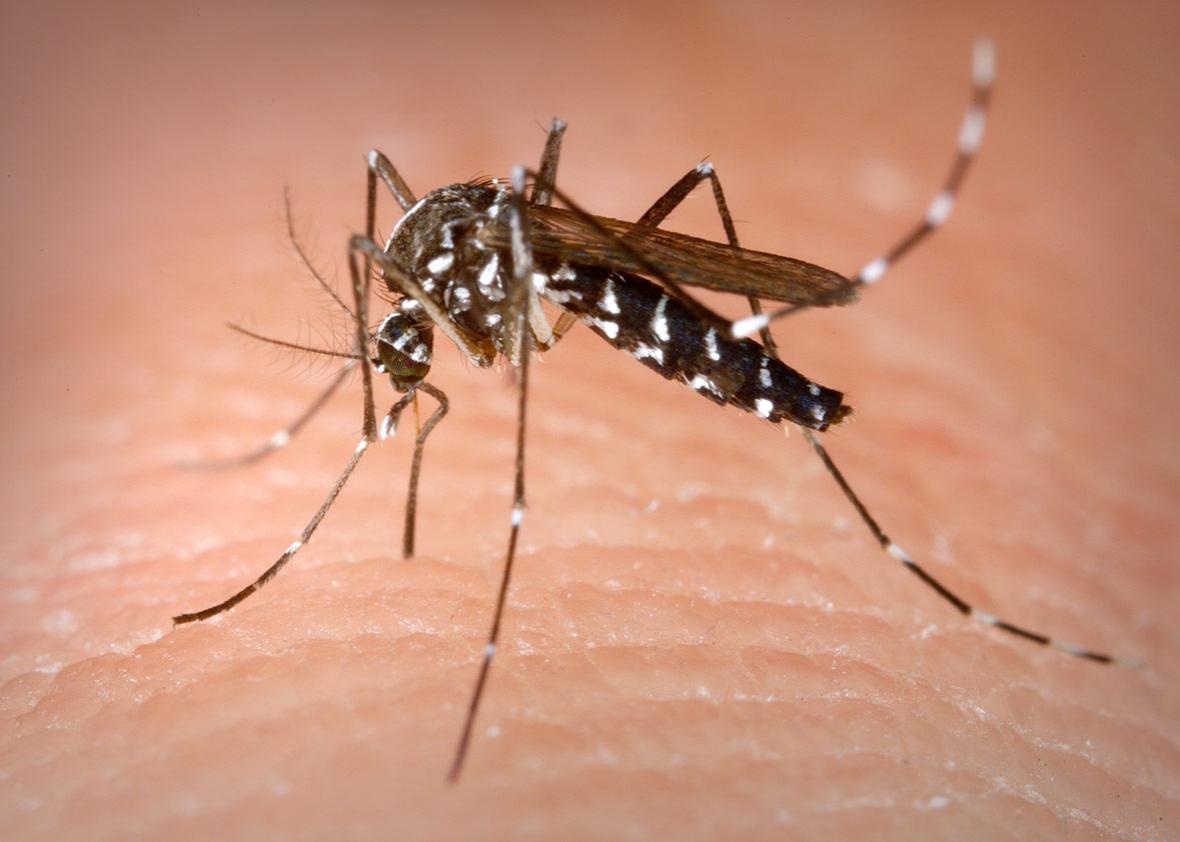On Friday, officials at the Salt Lake County Health Department in Utah reported that an elderly resident died last month after contracting Zika. The individual is the second known Zika-associated death in this country, as a man carrying the virus died from complications in Puerto Rico in late April. The person tested positive for the virus and is assumed to have contracted it after traveling to a part of the world where Zika-carrying mosquitoes are known to exist.
While the Utah resident had the disease, officials are still unsure of whether it contributed to the cause of death. The individual was elderly and “had an underlying health condition,” according to the press release, which also noted that “it may not be possible to determine how the Zika infection contributed to the death.” Due to privacy laws, no further information about the individual’s underlying condition or travel history will be released, the health department noted. (It also did not reveal the person’s gender.)
Public health officials urge that the death is not a reason to panic. Compared with many other diseases, Zika has a very low mortality rate and in fact does not even cause symptoms in 80 percent of those infected. The World Health Organization estimated that in Brazil, the epicenter of the current outbreak, between 400,000 and 1.3 million people contracted Zika in 2015. Of that figure, only three adults have died, plus the five infants with confirmed cases of Zika-related microcephaly. In the case of the man in Puerto Rico, the cause of death was attributed to “internal bleeding caused by a rare immune reaction to the virus.”
While the individual contracted the virus elsewhere, there is limited risk that Zika will spread in the area. Salt Lake City is home to neither of the two mosquito species—A. aegypti and A. albopictus—that are known to transmit the Zika virus to humans. Though this is the first Zika-related death in the continental United States, the fact that the individual contracted it while traveling shows confirms that there is little reason to believe that Zika is spreading farther or faster than scientists originally predicted the disease might spread.
These mosquitos exist elsewhere in the United States, largely in the southeastern part of the country. There have been slightly more than 1,000 confirmed cases of Zika here, and most have been contracted while traveling to at-risk areas in other countries (14 were transmitted sexually and one was a case acquired in a research lab). An epidemic on the scale of what is happening in Central and South America is largely not expected in the United States because we don’t have the same issues with standing water.
Zika is still a situation that warrants better public health communication, more extensive research, and certainly more funding. But this death is no reason to panic.
